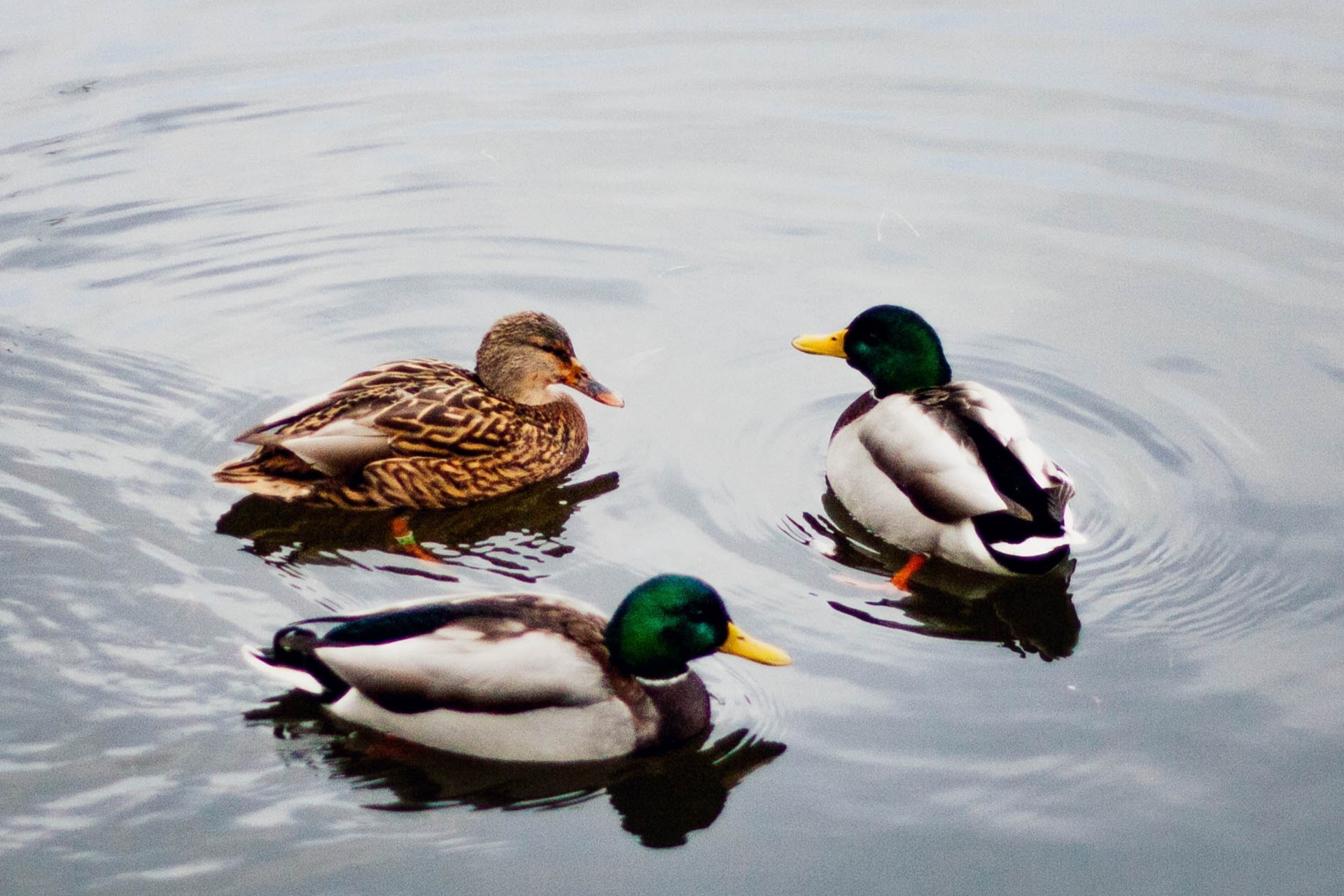
How to Raise Ducks
We are reader-supported. When you buy through links on our site, we may earn affiliate commission.
How to raise ducks? Raising ducks can be a rewarding and enjoyable venture. It adds a charming presence to one’s backyard or it’s one of the ways to explore sustainable agriculture.
Ducks are known for their friendly demeanor, egg-laying capabilities and pest control contributions. It doesn’t matter whether an individual is an experienced farmer or a novice in animal husbandry. Raising ducks can be a quacking success with the proper knowledge and attention.
Benefits of Raising Ducks
The question that usually follows “How to raise ducks?” is “What are the benefits of raising ducks?”
There are lots of benefits in raising ducks. From practical advantages to the joys of animal companionship, here are some of its benefits:
- Egg production: Ducks are prolific egg layers, providing a consistent supply of nutritious eggs.
- Pest control: Ducks are natural foragers who excel at controlling insects and pests in gardens or farms.
- Fertilizer production: Duck droppings make an excellent fertilizer, enriching the soil with plant nutrients.
- Low maintenance: Ducks are hardy and require less maintenance than other livestock.
- Friendly nature: Many duck breeds are known for their social and friendly demeanor, making them enjoyable companions.
Basic Considerations Before Getting Ducks
Before welcoming ducks, laying the groundwork for their well-being is crucial. Successful duckkeeping involves proper planning, attention to their needs and a commitment to their well-being. Here are key considerations that form the foundation of responsible duck-keeping:
- Local regulations: Navigate the regulatory landscape by checking local guidelines on keeping ducks, ensuring compliance with any breed restrictions or flock size limitations.
- Space requirements: Ducks need adequate space to roam, swim and forage. Ensure there’s a suitable environment for them.
- Duck breed selection: Individuals should choose a duck breed that aligns with their goals— egg production, meat or simply companionship.
- Duckling care: If starting with ducklings, be prepared for their specific needs, including warmth and appropriate nutrition.
- Water access: Ducks love water so access to a pond or kiddie pool is essential for their well-being.
- Predator protection: Implement measures to protect ducks from predators, considering fencing and secure shelter.
- Feeding requirements: Understand the nutritional needs of ducks and provide a balanced diet, including access to fresh water.
Choosing Duck Breeds
There are popular duck breeds for beginners. Choosing which duck breed would depend on an individual’s goals, climate and space considerations.
Opt for breeds well-suited to the local climate, factoring in temperature and humidity. Different species may have distinctive space needs. Ensure ample room for their comfort and well-being.
Pekin ducks are recognized for their friendly disposition and impressive egg-laying capabilities. Khaki Campbell are reliable egg layers adaptable to various climates and can produce up to 344 eggs annually. Indian runners are known for their upright posture, efficient foraging and producing 365 eggs in a year.
Setting Up a Duck Habitat
Creating a suitable living space for ducks involves careful planning and attention to their specific requirements. Understanding the diverse needs of duck breeds and addressing environmental factors is crucial for establishing a thriving habitat.
Utilize straw or hay for bedding, ensuring a comfortable and clean environment. Establishing proper ventilation in the living area can maintain air quality.
Ducks thrive in water, so provide access to ponds, kiddie pools or other suitable sources. Regularly clean and refill water containers to prevent contamination.
Introduce toys, ponds or natural features to mentally and physically engage ducks. Rotating elements in their environment will prevent boredom and encourage exploration.
Construct or set up a secure coop to protect ducks from predators, ensuring adequate ventilation. Incorporate nesting boxes within the shelter for egg-laying ducks.
Ducks are social animals—fostering positive interactions helps prevent stress and promotes a healthy flock. Providing ample opportunities for ducks to engage with each other will reduce loneliness. Expand living spaces as the community grows to avoid overcrowding.
Nutrition and Feeding
Ensuring proper nutrition is fundamental to the well-being of ducks. There are distinctions between duckling and adult duck diets, the essential nutrients they require and the development of an effective feeding schedule:
- Duckling diet vs. adult duck diet: Ducklings need a started feed high in protein, while adult ducks require a balanced diet with lower protein content. Ducklings should use small feeders until they are 2 weeks old while older ducks should use larger feed hoppers. Gradually shift from duckling to adult feed to accommodate changing nutritional needs.
- Essential nutrients and supplements: Ensure a diet rich in proteins and essential vitamins for overall health. Provide adequate calcium and phosphorus for strong bones and eggshell development. Consider supplementary nutrients if deficiencies are identified through observation or veterinary advice.
- Developing a feeding schedule: Establish a consistent feeding schedule to regulate duck feeding habits. Monitor ducks for signs of overeating or nutritional deficiencies and adjust the feeding regimen accordingly.
Health Care
Maintaining the health of ducks involves a proactive approach. Incorporating a balanced diet and maintaining a proactive health care regimen ensures the vitality and longevity of ducks in an individual’s care.
Regularly observe ducks for changes in behavior, appearance or eating habits. Check for signs of foot injuries or leg issues common in ducks.
Make sure to address damp living conditions promptly to prevent respiratory problems. For parasite control, implement measures for parasite prevention, including regular cleaning and appropriate veterinary interventions.
Find a specialist and establish a relationship with a veterinarian experienced in avian care. Seek their advice promptly for any signs of illness or unusual behavior.
Learning basic first aid can address the ducks’ injuries promptly. Seek advice from experienced duck keepers or vets for specific challenges.
Maintenance and Cleaning
Maintaining a clean and hygienic environment is paramount for the health and well-being of ducks. Establishing a routine for cleaning the coop and pond will prevent the buildup of waste and contaminants.
Dispose of waste in a manner that minimizes environmental impact and consider composting duck waste for a sustainable and eco-friendly approach. Don’t forget to sanitize—keep feeding and water areas clean to reduce the risk of disease transmission. Implement quarantine measures for new ducks to prevent the introduction of diseases.
How to Raise Ducks?
So, how to raise ducks? Raising ducks needs careful consideration of their environment, nutrition and health.
One can ensure these feathered companions’ optimal well-being and development by providing a balanced diet, maintaining a clean and secure environment and offering adequate space for their natural behaviors. Taking care of them and understanding them will help build a happy and healthy relationship with them.
Share on
Like what you read? Join other Environment.co readers!
Get the latest updates on our planet by subscribing to the Environment.co newsletter!
About the author

Jane Marsh
Starting from an early age, Jane Marsh loved all animals and became a budding environmentalist. Now, Jane works as the Editor-in-Chief of Environment.co where she covers topics related to climate policy, renewable energy, the food industry, and more.





